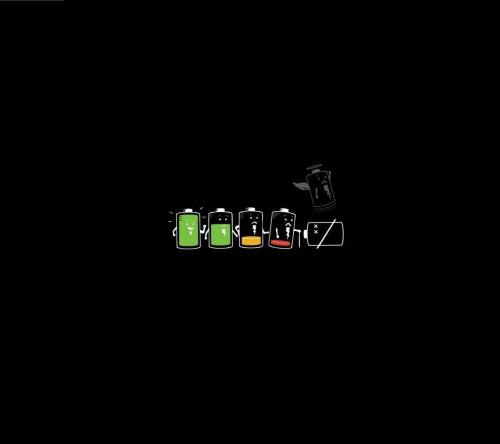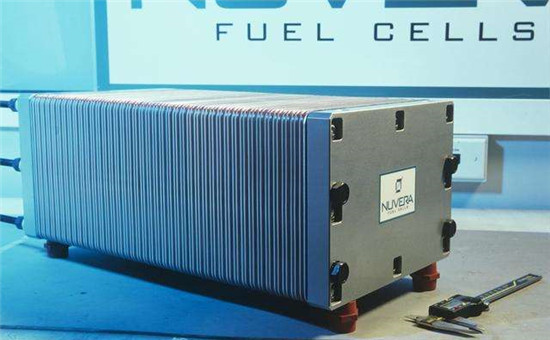Disposing of Lithium-ion Battery – Puncture, Damaging and Safety
Jul 21, 2021 Pageview:1424
Lithium-ion batteries have been known for causing serious damages. They are a health hazard, which is why traveling with them on a plane, for instance, requires proper packaging.
A punctured lithium-ion battery is a serious risk to your life. The whole electrolyte dries out fast. And when that happens, we all have questions that must be answered, the most important one being how t deal with such.
In this guide, we will be discussing how to deal with punctured Li-ion batteries.
Li-ion batteries today come in different shapes and sizes. But their composition and chemistry are the same. For instance, they are much lighter compared to other batteries with similar capacities.
A key feature of these batteries is their technology, which involves better capacity and performance. It's no wonder that today they are the most popular batteries. You will find them in electric vehicles and most of your portable electronic devices.
However, they pause a great threat if not handled carefully. When they are punctured or damaged, you want to make sure you get the right information on disposal.
There are proper guidelines set in place by concerned authorities on how to dispose of these batteries. Otherwise, it can harm the person handling them, as well as the environment.
A short occurs within the battery once they are punctured or damaged. This leads to too much current flow through the short, causing heat build-up.
Dispose of Punctured Lithium-Ion Battery
As stated above, a Li-ion battery has chemicals within it that react to produce power. When they come in contact with oxygen, it can burst and lead to serious injuries.
It can cause a fire or severe hazard to the management system. Because of these dangers, disposing of these batteries should happen according to the set standards.
Follow these steps for proper disposal:
Discontinue Use
The first thing to do if you discover that your battery is punctured is to discontinue use. Take it carefully from the device, making sure it does not suffer further damage, and then you can start the process.
Discharge Fully
The best way to dispose of Li-ion batteries is to discharge them completely. Do this as soon as possible and as much as you can.
There are various ways of emptying the batteries. And you want to make sure the charge goes below the nominal voltage.
Some people suggest that you immerse them in a bowl full of salty water. This causes a chain of chemical reactions that takes the battery away from the dangerous zone.
Move it to an Open Space
If the chemical reaction has already begun and the battery is heating up, take it to an open space and allow it to heat up. It can cause an explosion at the end of the reaction, which should not be dangerous to anyone if it's in an open space.
Dispose of by Tapping the Terminals
You should not throw the batteries in your dust bit alongside other dirt. You may not be an expert to know whether the battery is completely empty or not.
Then, dispose of the battery by tapping the terminals and then put it in a battery collection facility. You need to be extremely careful and gentle during the process.
Saltwater is used to speed up the discharging process. If the battery does not have any voltage, it will no longer be a health hazard.
Send the punctured battery to your local recycling center. Or take it to the municipal household where such items are handled.

Risks of a Punctured Li-ion Battery
Lithium-ion batteries carry several risks when they are punctured and leaking. First, they will damage the device in which they are being used.
Leaking li-ion batteries release chemicals or harmful substances into the environment. These can lead to respiratory diseases, skin and eye irritation.
It is even worse when you mix different types of batteries in the same device. Or when you replace all the batteries at the same time.
Hot li-ion batteries can cause the electrolyte to light up. This causes a fire, which will lead to more serious damages.
Dispose of Damaged Lithium-Ion Battery
Disposing of damaged li-ion batteries should happen under extreme care. This is because you may not know the extent of the damage, and any wrong move might make things even worse.
How to Tell When Li-ion Batteries are Damaged
The first clue of a damaged li-ion battery bloating or swelling. You can tell this by just looking at the battery for such signs.
Also, check if you notice any cracks, corrosion, or leakage from the battery. This indicates that there are obvious issues with it. You can also check for bur marks.
If you are not sure but suspecting the battery may have a problem, take it to experts for assistance.
Storing the Damaged Li-ion Batteries
After identifying the damage, you should not throw it away. Doing this can lead to leakage of toxic chemicals, which can even cause a fire.
Check for internal hazard guidelines. As you wait for proper disposal, put the battery in a non-flammable material. Avoid direct skin contact when dealing with these batteries.

Disposing of the Batteries
The most convenient way to dispose of damaged li-ion batteries is by taking them to experts. The level of damage varies and may play a major role in how the battery should be disposed of.
Ensure you follow proper packaging guidelines when shipping the batteries. Safety is crucial in every stage.
Safely Dispose of Lithium-Ion Battery
Here are the does and don'ts of disposing of li-ion batteries:
Dos
Carefully remove the battery from your device and keep it segregated before taking any further steps.
Call a specialist to help if you don't know how to remove the battery
Package in an approved barrel
Follow UN-approved barrel process for damaged li-ion battery packaging
Avoid
Disposing of the batteries with the regular garbage
Crushing, puncturing, or throwing anything at the batteries. This can accelerate the reaction and cause an explosion.
Mixing damaged batteries with good ones
Placing too many damaged batteries in one place
Storing the batteries inside. This increases the risk of short-circuiting.
There you have it, the best way to deal with punctured and damaged li-ion batteries. If you have any questions or comments, reach out, and we will help you.
- Prev Article: Distilled Water in Battery-Level,Acid and Non-distilled Water
- Next Article: Different Battery Sizes – Introduction and Shapes
Leave Message
Hottest Categories
-
Hottest Industry News
-
Latest Industry News










